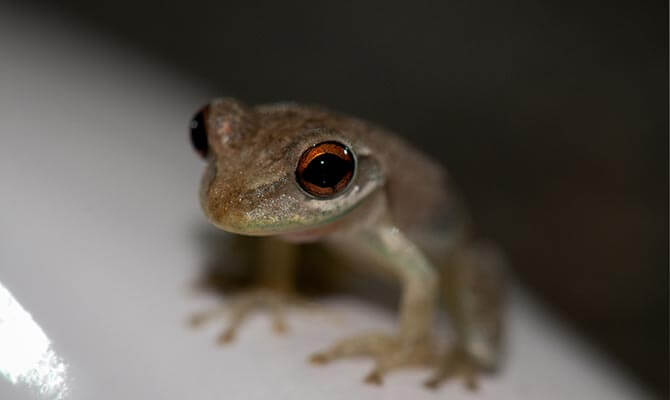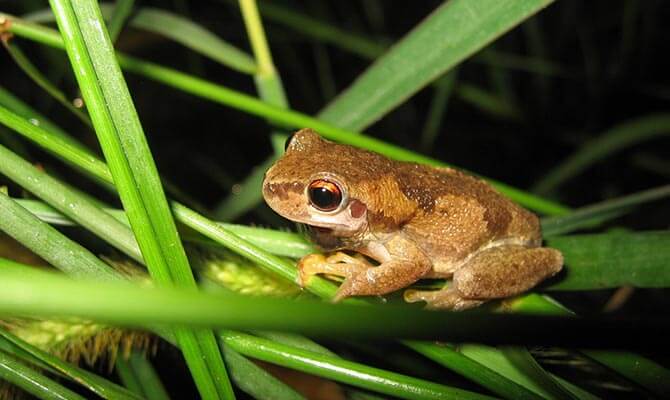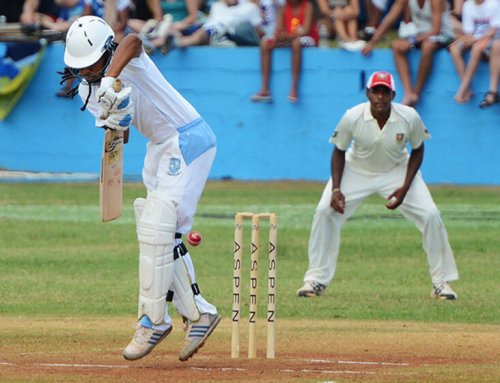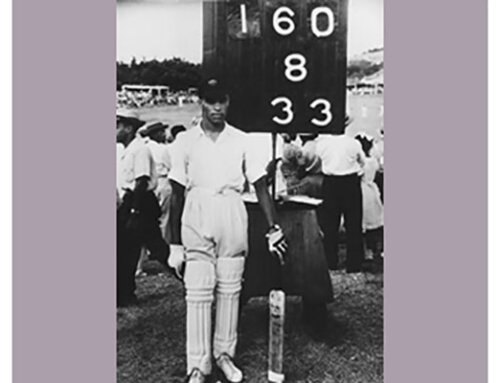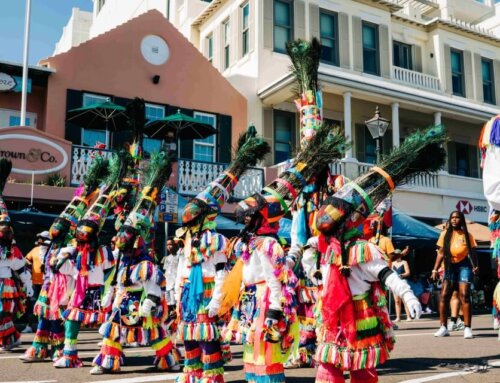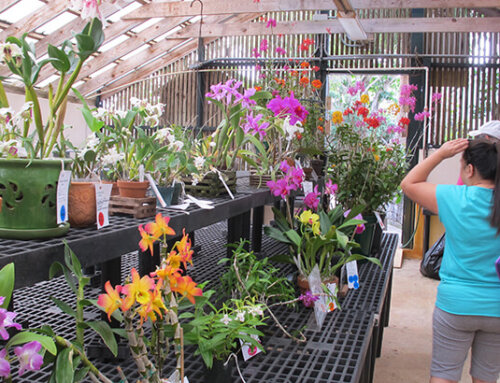If you’ve been to Bermuda, you are familiar with the whistling night call of the infamous Tree Frog. Only about the size of a thumbnail, the tree frogs are slight in stature but big in presence. If you are lucky to see one, you will be surprised to discover that such a big noise can come from such a small amphibian.
There are two species of Whistling Frogs (Tree Frogs) in Bermuda. The Eleutherodactylus johnstonei and Eleutherodactylus gossei, the first of the two is more common and smaller while the other has almost disappeared. Both are brownish, nocturnal, living in trees near the ground and by day hiding under stones and leaf litter.
They are one of the most characteristic night sounds of Bermuda between April and November. They can be heard island-wide when the weather is warm enough but are most common in the Parishes of Devonshire, Paget, Pembroke and Warwick.
They are not indigenous – both were introduced accidentally sometime prior to 1880, most likely on orchids imported from the Lesser Antilles. They can be found elsewhere in temperate and sub-tropical regions, but mainly can be found singing loudly at night.
Many visitors are not used to the whistling song, a loud bell-like chorus, of these tiny and harmless creatures. Some visitors say it disturbs their sleep but others love it because it adds a unique sound to the atmosphere. Their song is the sound of males trying to attract females.
Whistling frogs do not require standing water for breeding but pass through their tadpole stage within the egg itself. Clusters of eggs are laid in damp situations among rotting vegetation or under stones.

